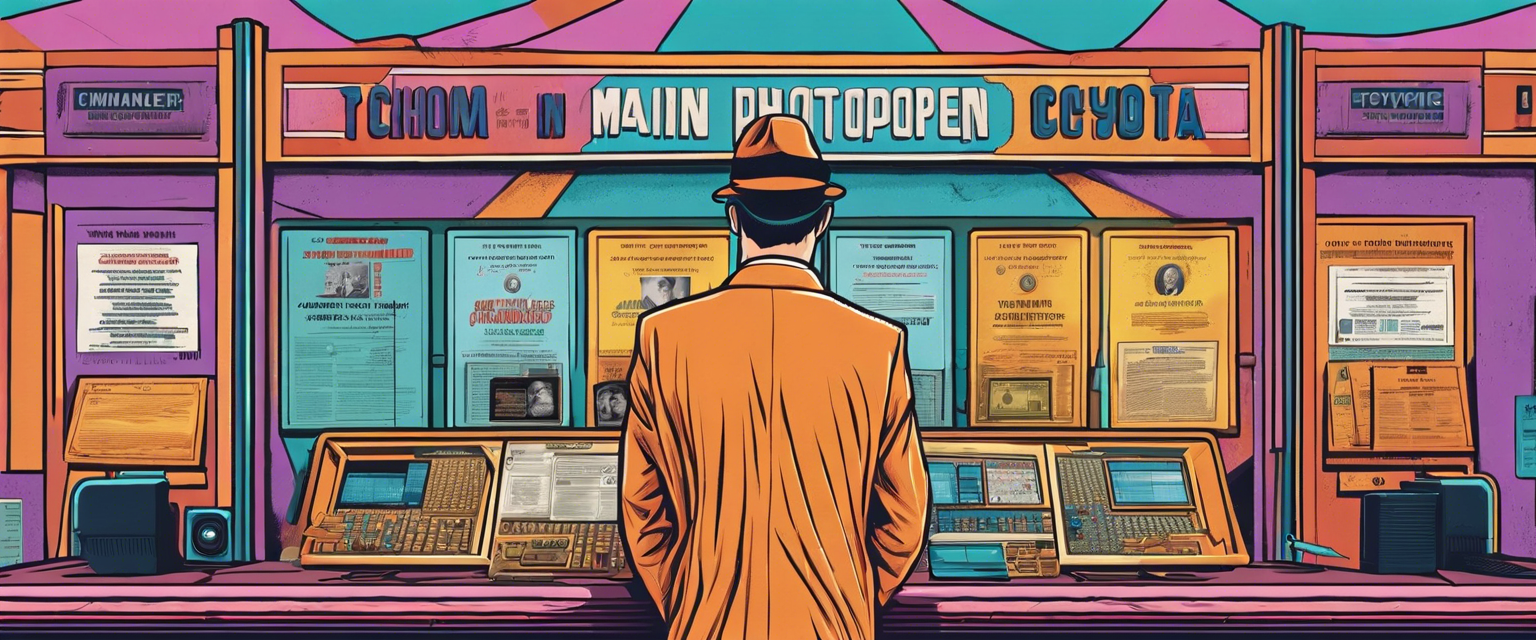Concerns Regarding Legal Accountability in Blockchain Technology
According to Odaily, the Stanford Blockchain Club has raised significant concerns about the U.S. government's recent decision to hold Tornado Cash developers Roman Storm and Roman Semenov accountable under traditional federal fund transfer laws. This decision has sparked a lively debate within the blockchain community, particularly regarding the appropriateness of applying outdated laws to modern decentralized technologies.
Can Old Laws Apply to New Technologies?
The Stanford Blockchain Club argues that using a statute from the 1960s to regulate today’s blockchain technologies is "like forcing a square peg into a round hole." They contend that the legal framework should evolve alongside technological advancements, especially concerning systems like Tornado Cash, which operate through immutable smart contracts.
Decentralization and User Control
Tornado Cash enables users to conduct transactions anonymously without intermediaries, allowing for greater privacy and control. This model is fundamentally different from traditional financial systems that rely on custodial services. Users maintain full control over their tokens from start to finish, challenging existing regulatory frameworks.
Implications of the Justice Department's Action
The club emphasized that the Department of Justice's application of 18 U.S.C. § 1960 in cases like this one raises broader issues beyond blockchain. They argue it reflects a trend that bypasses the democratic legislative process, undermining the constitutional frameworks that grant Congress the power to create laws while leaving the executive branch with discretionary enforcement authority.
Need for Updated Regulations
This situation highlights a critical tension between evolving technologies and existing legal frameworks. The Stanford Blockchain Club's statements suggest a pressing need for regulations that better align with the realities of decentralized systems. As blockchain technology continues to develop, it is crucial for policymakers to engage with the industry and consider creating a more adaptable regulatory environment.
Conclusion
In conclusion, the concerns raised by the Stanford Blockchain Club about the treatment of Tornado Cash developers reflect a crucial dialogue about the intersection of law and technology. As decentralized applications gain popularity, it is increasingly vital that regulations keep pace with innovation to ensure fair and just treatment within the legal system.



发表评论
所有评论在发布前都会经过审核。
此站点受 hCaptcha 保护,并且 hCaptcha 隐私政策和服务条款适用。